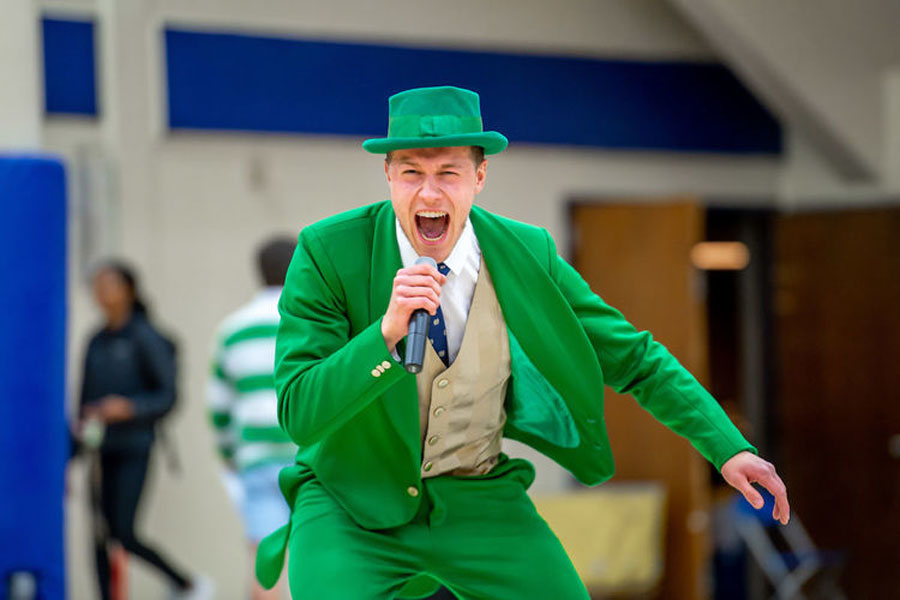
SOUTH BEND, IN – According to a survey released this week, Notre Dame’s iconic “Fighting Irish” Leprechaun was near the top of “offensive” college football team mascots in the United States, with respondents claiming that the Leprechaun represents “cultural appropriation,” despite the fact that four of the University’s six original founders were indeed Irish.
The Notre Dame Leprechaun came in as the fourth most offensive mascot in a survey conducted by sports apparel company Quality Logo Products, leading many to speculate that cancel culture – a modern form of ostracism – was going to drive Notre Dame officials to quickly scrub the character from its history.
However, when notified of the dubious honor, representatives of the Indiana-based University – instead of giving into cancel culture – doubled down on their support for the beloved Leprechaun in a written statement.
“It is worth noting…that there is no comparison between Notre Dame’s nickname and mascot and the Indian and warrior names (and) mascots used by other institutions such as the NFL team formerly known as the Redskins,” the statement said. “None of these institutions were founded or named by Native Americans who sought to highlight their heritage by using names and symbols associated with their people. Our symbols stand as celebratory representations of a genuine Irish heritage at Notre Dame, a heritage that we regard with respect, loyalty and affection.”
In addition to the Notre Dame Leprechaun, other offensive mascots listed in the Quality Logo Products survey included Osceola and Renegade of Florida State, the Aztec Warrior of San Diego State and Vili the Warrior of the University of Hawaii.



Comments are closed.